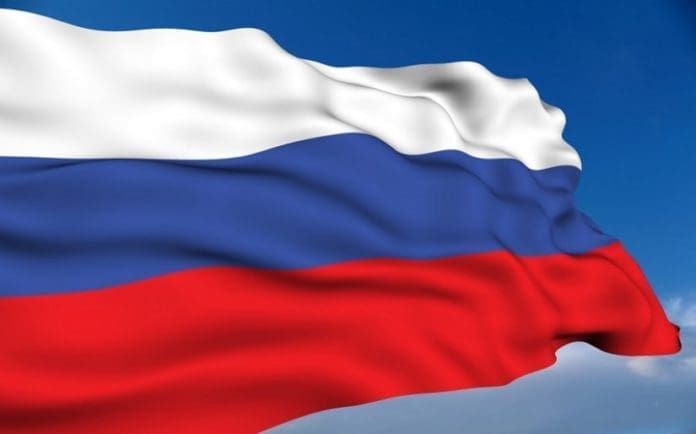More than 450 teams from 56 countries have registered for the 2025 World Championship of Russian Language for Foreigners, surpassing last year’s participation numbers, organizers announced Wednesday.
The competition has drawn 455 teams comprising over 2,600 participants including 375 mentors, according to Ksenia Starygina, Championship Coordinator. The geographic spread covers Mongolia, China, Cuba, Nicaragua, France, Italy and dozens of other nations across continents.
CIS countries account for the largest share with 277 teams, led by participants from Uzbekistan, Kazakhstan, Kyrgyzstan and Moldova. Asia and Oceania contributed 78 teams, Africa sent 40, the Americas registered 39, while Europe fielded 21 teams.
Registration remains open until October 15, with online workshops for mentors running through October 10. The qualifying round launches in the second half of October to narrow the field.
Ten teams will advance to Moscow with expenses covered by organizers. The top five will compete in a Super Final scheduled for December 17, which includes a cultural program focused on Russian history and traditions.
The championship targets foreign citizens aged 16 to 22 who have achieved at least A2 level Russian proficiency, roughly equivalent to elementary conversational ability. Each team requires five members plus a mentor over 21 years old.
FSBI Interobrazovanie organizes the event with support from Russia’s Ministry of Science and Higher Education. The stated aims include promoting Russian language learning abroad and strengthening intercultural dialogue through competitive language assessment.
Last year’s inaugural championship attracted approximately 2,000 participants from countries including India, China, Greece and Vietnam, establishing the format for this expanded edition. The growth reflects Russia’s ongoing efforts to maintain global influence through cultural and educational programming.
Language competitions serve diplomatic purposes alongside educational goals, particularly for countries seeking to expand soft power through cultural exports. Russia has invested in Russian language promotion globally through organizations like Rossotrudnichestvo and the Russkiy Mir Foundation.
The championship comes as Russia faces international isolation following its 2022 invasion of Ukraine. Western countries have imposed extensive sanctions and reduced cultural exchanges, though Russia maintains strong ties with CIS nations, much of Africa, parts of Asia and Latin America.
Critics view such language programs as tools of Russian soft power that complement harder geopolitical objectives. Supporters argue language learning itself remains politically neutral and valuable for cross-cultural understanding regardless of current political tensions.
For participants, the competition offers recognition, cultural immersion and potentially valuable language credentials. Russian remains widely spoken across former Soviet states and serves as a lingua franca in Central Asia, making proficiency professionally useful in those regions.
The A2 proficiency requirement represents an accessible entry level, allowing relative beginners to participate while ensuring basic communicative competence. Higher level speakers may find the competition less challenging, though team dynamics and cultural knowledge components add complexity beyond pure language skills.
Mentors receive training in championship structure and teaching methodology through the online workshop series. This professional development component aims to build capacity among Russian language educators globally, extending the program’s impact beyond direct participants.
The December finals in Moscow provide participants from diverse countries an opportunity to visit Russia’s capital, potentially their first exposure to the country beyond classroom learning. Such experiences can significantly influence perceptions, which forms part of cultural diplomacy strategies.
Russia’s educational outreach competes with similar programs from China (Confucius Institutes), France (Alliance Française), Germany (Goethe Institut), Spain (Instituto Cervantes) and Britain (British Council), all promoting their languages and cultures internationally.
Whether language programs translate into lasting political influence remains debatable. Studies show language learning creates familiarity but doesn’t necessarily generate political alignment, particularly when learners maintain critical perspectives on the countries whose languages they study.
Source: newsghana.com.gh











